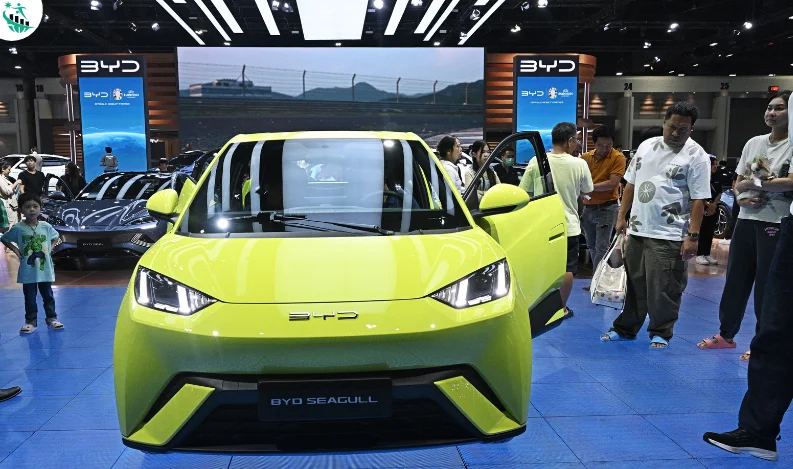
How China Made Electric Vehicles Mainstream – And Took Over the Global EV Race
China is no longer just a player in the global auto market, it's now the undisputed leader in electric vehicle (EV) adoption and production. In 2024, nearly half of all new cars sold in China were electric, a staggering figure that reflects two decades of strategic planning, public investment, and industrial coordination.
On the streets of Guangzhou, the shift is tangible. “I drive an electric vehicle because I am poor,” says Lu Yunfeng, a rideshare driver. For him, the cost savings of charging an EV compared to petrol are undeniable. “It just makes sense,” he says.
From Catch-Up to Category Leader
Once dependent on foreign auto brands, China’s EV dominance began with a strategic pivot in the early 2000s. Spearheaded by Wan Gang, a former engineer who became science and technology minister in 2007, China decided to skip internal combustion leadership and jump straight to electric mobility.
The Chinese government backed this strategy with massive subsidies, estimated at over $230 billion between 2009 and 2023, targeting not just consumers and automakers but also battery manufacturers, infrastructure builders, and suppliers.
Government-Backed Innovation
Major players like BYD and XPeng benefited from these policies. BYD, which started as a battery company, now leads global EV sales, overtaking Tesla in 2025. XPeng is now one of the top 10 EV producers globally.
In addition to generous subsidies, China also provided free EV license plates, tax breaks, and funding for public charging stations. The result is the world’s largest EV charging network, making it possible to charge nearly anywhere in major cities.
Battery giants like CATL emerged during this period, with China now producing over one-third of the world’s EV batteries.
Affordability Meets Advanced Features
China's EVs are no longer seen as budget alternatives. Models like XPeng's Mona Max offer voice commands, autonomous driving, and in-car entertainment, for under $20,000.
In cities like Shanghai, drivers can even swap EV batteries in under three minutes thanks to automated Nio stations. Combined with low maintenance and running costs, EVs are now standard for urban professionals and drivers alike.
Global Push Meets Geopolitical Scrutiny
China’s success has triggered backlash. The US, EU, and Canada have imposed tariffs on Chinese EVs, citing national security and unfair trade practices. Critics warn of overreliance on Chinese-made “computers on wheels”, with concerns about data security and control.
Yet China’s EV makers, including BYD, XPeng, and Nio, continue expanding overseas, with affordable exports to the UK and Europe gaining traction.
The Road Ahead
As Western nations push to ban petrol cars by 2030, China is positioned as the global EV supplier of choice. Whether the world embraces Chinese EVs or builds its own competing ecosystems, China has redefined the rules of the game, and is years ahead.
“Can anyone else do it better?” asks analyst Michael Dunne. “Right now, the Chinese don’t think so. And they may be right.”



Recent Comments:
No comments yet.